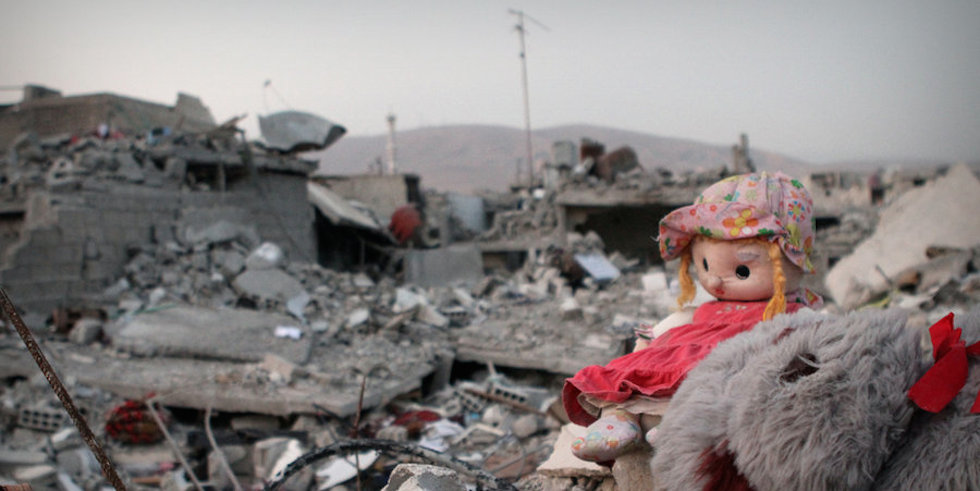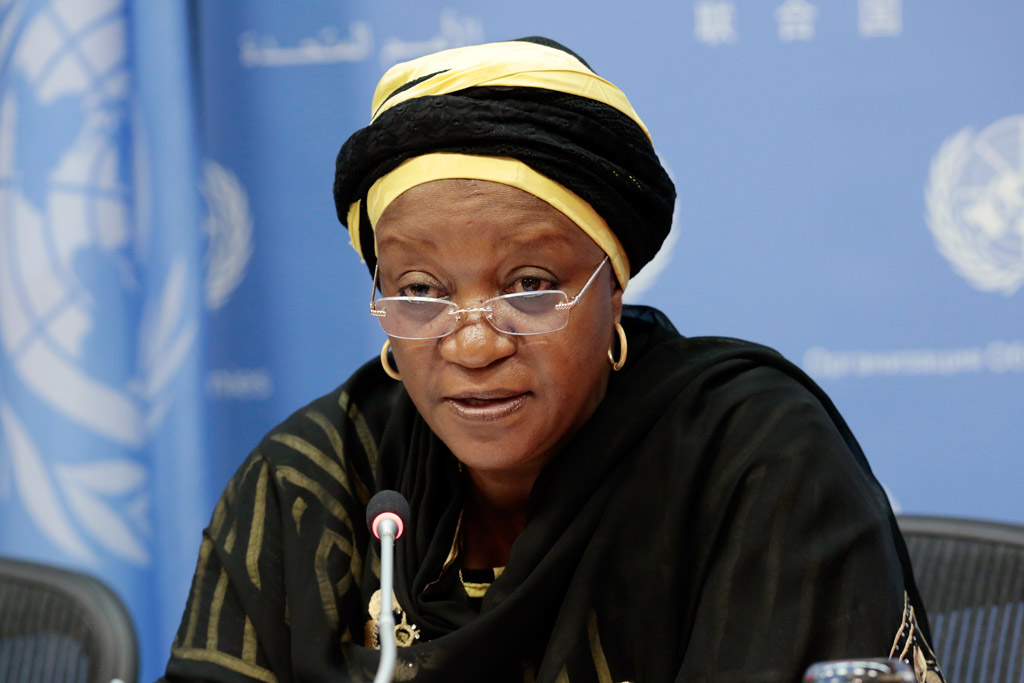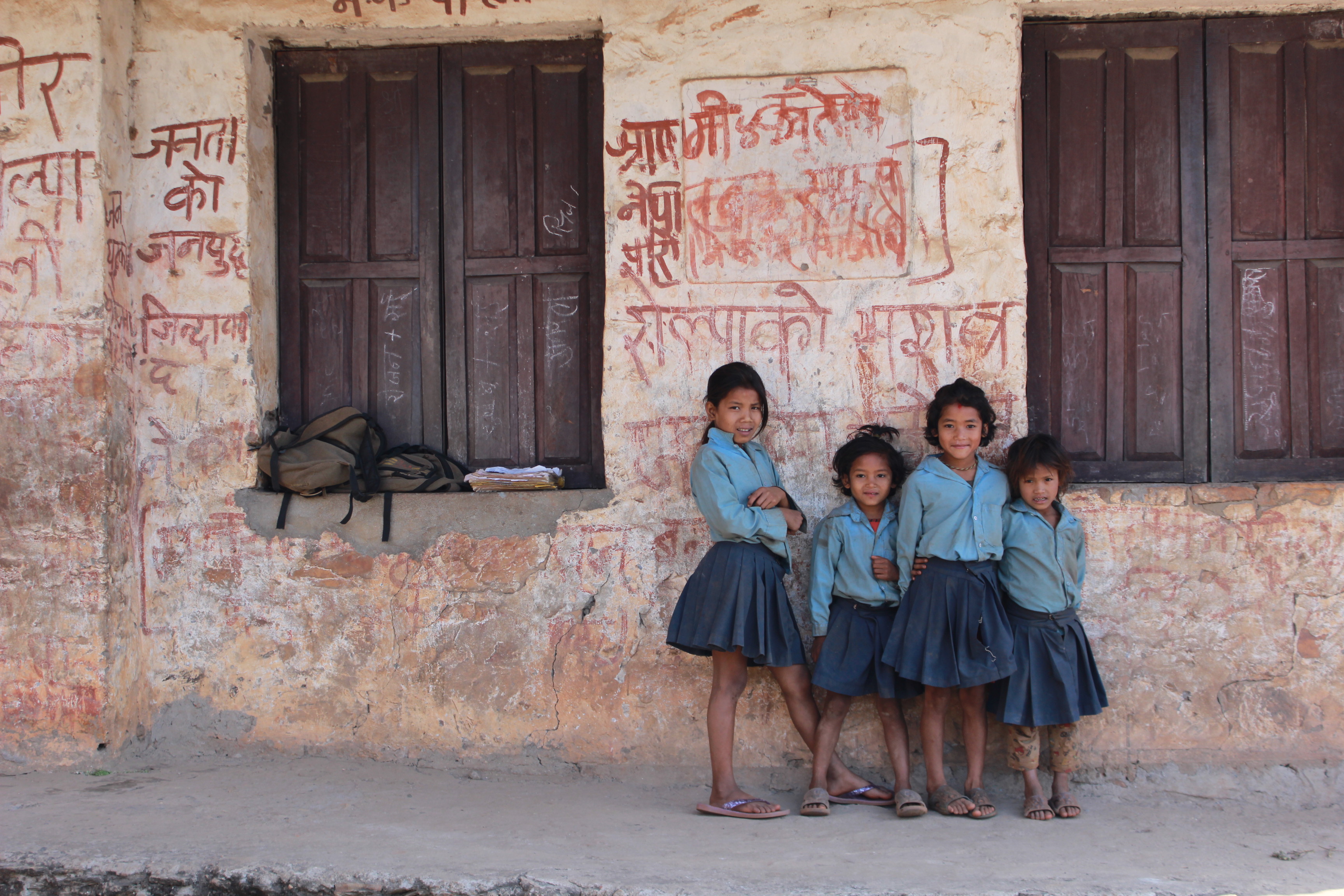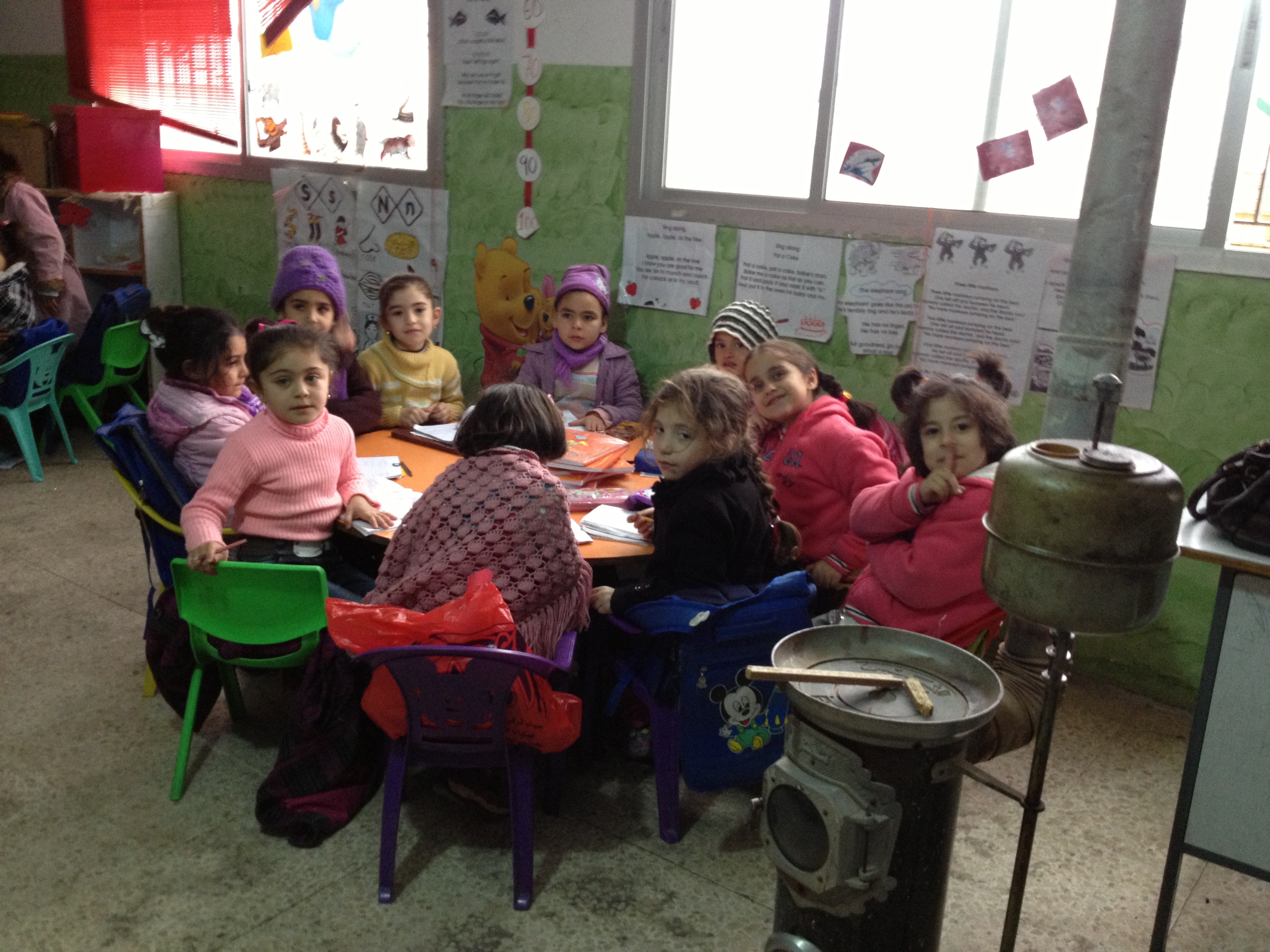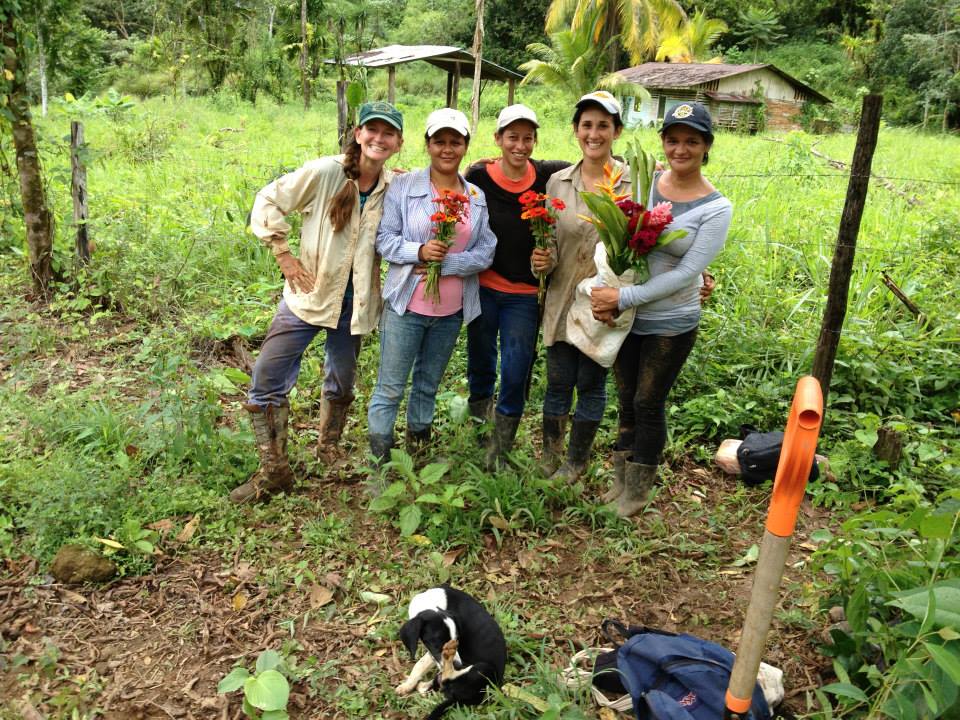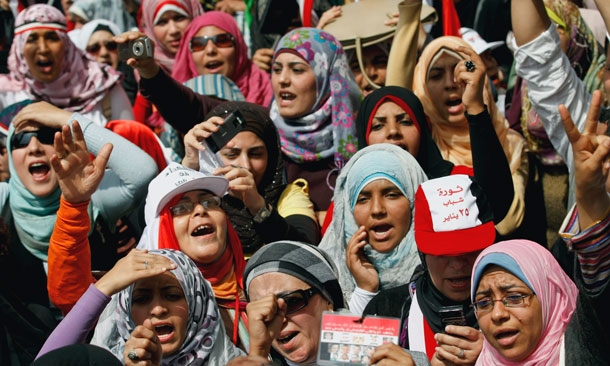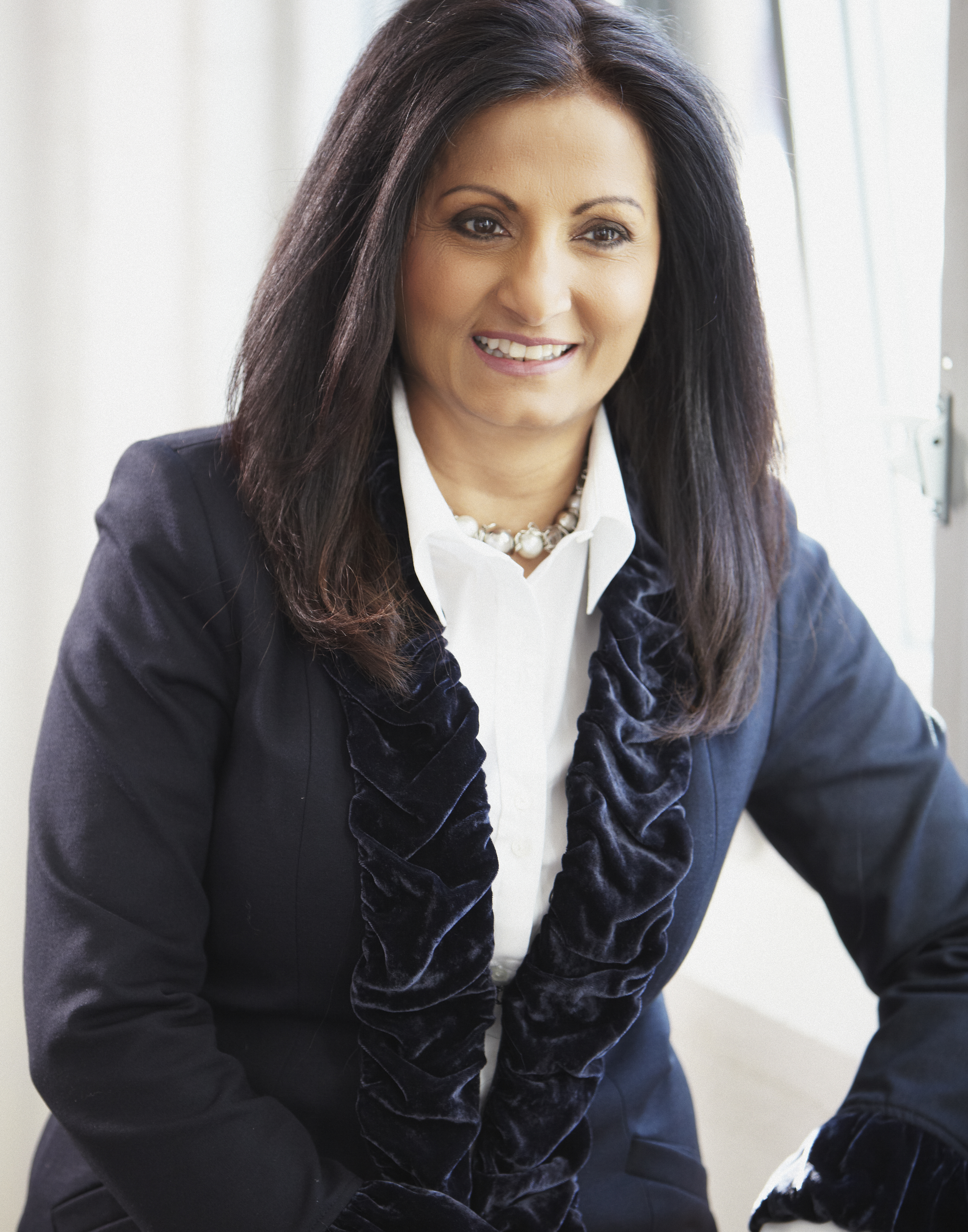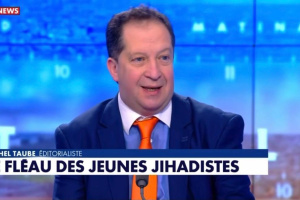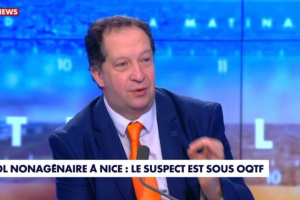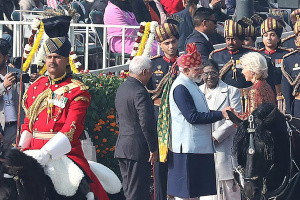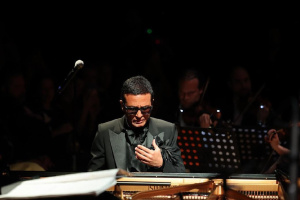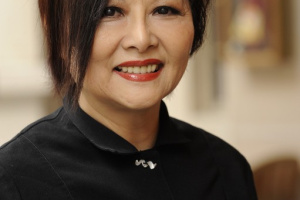With the Millennium Development Goals (MDGs) in their final year, the international community is engaged in the exciting process of designing new goals, within what is for now called the post-2015 development framework. Last Saturday, this framework took a step forward as the member States of the Commission on the Status of Women (CSW) agreed to include a stand-alone goal on gender equality, which has been a long-lasting request from countless women’s rights organizations.
Lee Webster, Head of Policy and Influencing at Womankind Worldwide, an NGO dedicated to women’s rights, was in New York, along with over 6000 other representatives from NGOs, for the ten days of events, meetings and discussions on the achievements and challenges facing gender equality and empowerment of women and girls worldwide. For Opinion Internationale, she reviews the long process towards gender equality in the world and explains what is at stake in the post-2015 agenda.
In the agreed conclusions of the CSW58, the parties have included the need for a stand-alone goal on gender equality in the post-2015 development framework. Do you think it will be implemented?
That is the big question. It is one thing to have a commitment for the stand-alone goal in the agreed conclusions of the CSW58, but it is another thing entirely to see a stand-alone goal in the post-2015 development framework. This is a really important step in the journey towards getting a stand-alone goal, but it does not guarantee that this goal will exist. Moreover, even if we get the goal, we need to make sure that it has good targets and indicators that are transformative and actually enhance women’s rights and link women’s rights to development. So there is still really a long way to go; we cannot take for granted that it will lead to a goal. But it is a really important step and we should celebrate getting this stand-alone goal in the agreed conclusions.
Shouldn’t gender equality underpin all the other goals of the post-2015 development framework instead, in order to be taken into account in all sectors?
Exactly, so we are calling for a stand-alone goal on women’s rights and gender equality and then for gender to be mainstreamed throughout all of the goals. That means having targets and indicators that track women’s rights in every other goal. But there is a real momentum about women’s rights at the moment, and we need to make the most of it and push forward.
Is this momentum also present at the national level, within governments?
I think so. The post-2015 process is being much more inclusive than the MDGs – everybody knows the MDGs were written behind closed doors, and it was not a very inclusive process. Even with its faults, the post-2015 process has been much more inclusive: there have been consultations with women’s rights organisations and civil society organisations at all levels, from grassroots, national, regional, global level, around the world, and they have really add in to the process. If those voices are listened to, and if the goals then represent what the people want, I think there is more chance that the goals would be successful, because there is more ownership of them. I am hoping that it can be a really transformative framework, that can really actually make a difference in people’s lives.
Would you agree that the real differences in people’s lives are implemented by grassroots NGOs, and as such sharing best practices among NGOs would have more impact on the ground than international treaties and conclusions?
I think we really need both. At the CSW, I spent a lot of time talking to women’s rights activists and civil society leaders from organisations from Ghana, Nigeria, Kenya, Afghanistan, Nepal, about these questions. They say that they do really need both, because when they are advocating in national or local levels, it is really important to have agreed international human rights framework and language, to work from and to use as a tool. Especially, that leads to sometimes better legislation at the national level, and then it is about getting that legislation implemented. So it is really about having both ends. A Liberian colleague from the Liberian Women Media Action Committee, told me so herself; she told me that women in the communities really care about a stand-alone goal! It is really good to know that when we are advocating at the global level, when it is linked up well to grassroots and national organisations, and through our partners, then we are really advocating on issues that are important to women in communities around the world. I think it is easy to overlook the importance of getting that language rights at the international level, but actually everything that our partners tell us and everything that we know from our work is that it is really important for women’s rights.
Can you tell us more about your campaign at Womankind?
We were funded by the Dutch government to run a campaign on post-2015 on women’s rights, with three organisations from Ghana, Liberia and Kenya. It is about making sure that the voices of women’s rights organisations are heard at the international level throughout the negotiations. The first step was to design a toolkit for women’s rights organisations who are advocating on these issues in their countries, and then we put together a policy position paper. We took it to the UN, and now the three partners that we were working with will be doing advocacy in their own countries. So our campaign is combining national level advocacy, in Ghana, Liberia, Kenya and the UK, and then global advocacy where we all come together. It has been a really great process so far.












